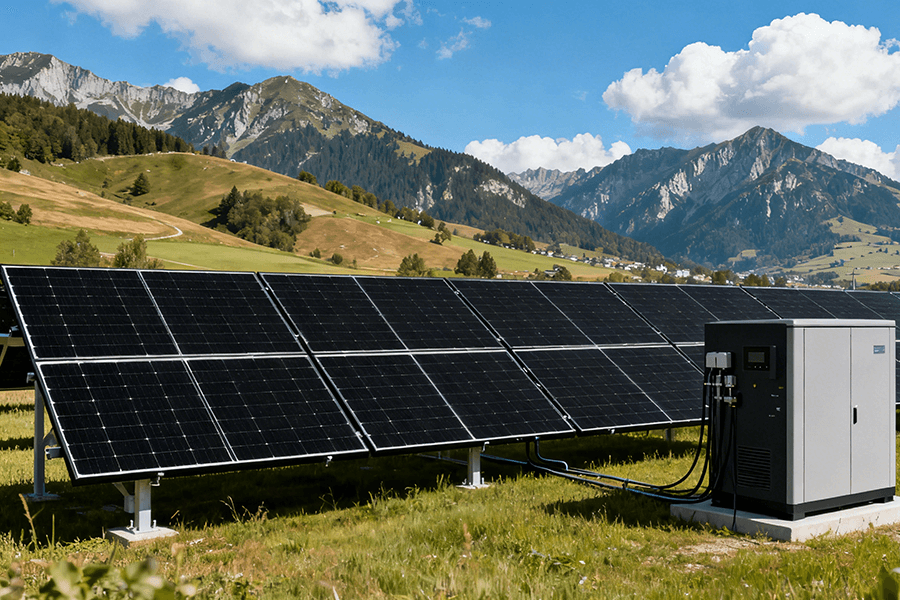In an era marked by a growing awareness of environmental issues and a pressing need for sustainable energy solutions, the concept of hybrid energy systems has emerged as a promising avenue for meeting our ever-increasing energy demands. These systems ingeniously combine solar power with other renewable sources, such as wind energy or energy storage technologies, to achieve a seamless and reliable supply of sustainable energy throughout the day and across all seasons.
The cornerstone of these hybrid systems is solar power, a clean and abundant energy source harnessed from the sun’s rays. Solar panels, composed of photovoltaic cells, convert sunlight into electricity, providing an eco-friendly alternative to traditional fossil fuels. However, the intermittent nature of solar energy production poses a challenge, particularly during cloudy days or nighttime. To address this limitation, hybrid energy systems integrate complementary sources to ensure a continuous energy supply.
One of the key companions to solar power in hybrid systems is wind energy. Wind turbines harness the kinetic energy from the wind to generate electricity. By combining solar and wind power, these systems leverage the strengths of each source to compensate for fluctuations in energy production. When sunlight is scarce, wind turbines can pick up the slack, ensuring a steady flow of electricity to meet the demands of households, industries, and communities.
Furthermore, hybrid energy systems often incorporate advanced energy storage technologies to store excess energy generated during periods of high production. This stored energy can then be tapped into during low-production periods, effectively balancing the overall energy supply. Battery storage, for instance, plays a crucial role in stabilizing the output from intermittent sources like solar and wind, making it possible to deliver a consistent and reliable power supply.
The advantages of hybrid energy systems extend beyond overcoming the intermittency of renewable sources. They contribute to grid stability and enhance the resilience of energy infrastructure. By diversifying the energy mix, these systems reduce dependence on a single source and enhance the overall reliability of the energy supply. This is particularly important in the face of extreme weather events and natural disasters, where a diversified energy portfolio can help communities maintain essential services.
Moreover, the integration of various renewable sources in hybrid systems aligns with the broader goal of decarbonizing the energy sector. By reducing reliance on fossil fuels, these systems play a pivotal role in mitigating climate change and promoting a more sustainable future. As technology continues to advance, the efficiency and cost-effectiveness of hybrid energy systems are expected to improve, further driving their adoption on a global scale.
In conclusion, the development and implementation of hybrid energy systems represent a significant step towards achieving a sustainable, all-weather energy supply. By combining the strengths of solar power, wind energy, and advanced storage technologies, these systems address the challenges associated with the intermittent nature of renewable sources. As the world embraces cleaner and more resilient energy solutions, hybrid energy systems stand out as a beacon of innovation and progress on the path to a greener, more sustainable future.






